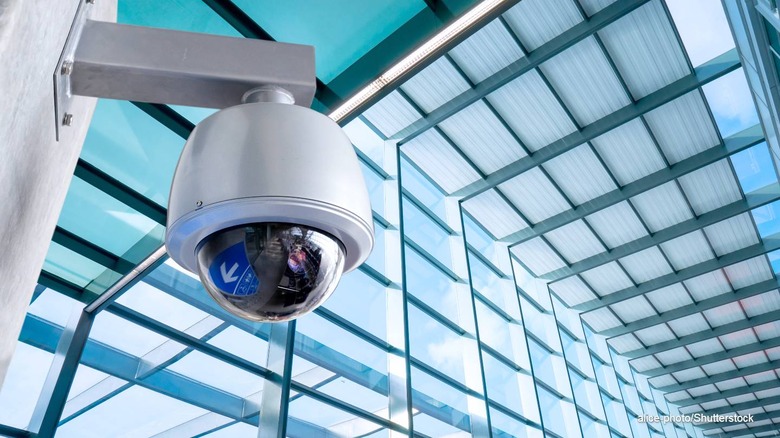Meta Will Shutter Facebook's Face Recognition Tech: What Users Should Know
Meta, the newly announced parent company behind the aging and controversial social media platform Facebook, has revealed huge plans involving its facial recognition technology. In the near future, Meta says it will shutter Facebook's Face Recognition system, bringing an end to its use of the controversial technology — and some features that are powered by it.
The announcement comes from Facebook's VP of Artificial Intelligence Jerome Pesenti, who explained the details in a recent blog post on the Facebook website (which now features the Meta brand.) Put simply, Meta is shutting down Facebook's Face Recognition system, which is the tech that enables Facebook to identify users in pictures, for example.
Big changes
Once the system is shuttered, the Facebook platform will no longer be able to recognize a user's face in videos and images. That's because, according to Pesenti, Facebook will delete its facial recognition templates used for more than a billion people around the world.
Because Facebook will no longer be able to automatically detect faces in video and images, Pesenti notes that the platform's Automatic Alt Text (AAT) used to generate image descriptions for blind users will no longer include the names of people featured in the content.
This is an unfortunate change for some users, though Pesenti notes the company had to weigh the benefits of Face Recognition with its potential costs. Facial recognition technology has become increasingly common in a variety of systems ranging from your neighbor's outdoor security camera to a police department's use of real-time face-scanning software.
Reduced, not eliminated
It's important to note that Facebook isn't entirely eliminating the use of facial recognition technology, with Pesenti explaining that Facebook views "facial recognition technology as a powerful tool ... for people needing to verify their identity, or to prevent fraud and impersonation."
Rather, this change is part of Meta's cost-to-benefit analysis regarding facial recognition tech, acknowledging the "growing concerns" about these systems combined with the continued lack of "a clear set of rules governing its use." For this reason, Facebook will narrow its use of the technology while offering users more control over how their face is used.
How will Facebook continue to use facial recognition technology? Pesenti explains:
This includes services that help people gain access to a locked account, verify their identity in financial products or unlock a personal device. These are places where facial recognition is both broadly valuable to people and socially acceptable, when deployed with care. While we will continue working on use cases like these, we will ensure people have transparency and control over whether they are automatically recognized.
Why it matters
Many places continue to lack adequate regulations and clear rules on the use of facial recognition technology, raising a number of concerns from security and privacy experts over the potential abuses of these systems. At the same time, many consumers who are increasingly educated on the topic have demanded the right to have companies' delete their facial recognition templates, though, more often than not, this isn't an option.
The concerns have spurred some interesting 'hacktivist' measures against facial recognition technology and surveillance systems in general, as well as the development of tools that anyone can use to try and reduce the degree of passive surveillance they're subjected to.
For example, developers with the University of Chicago's SAND Lab announced a tool called Fawkes last year. Fawkes works by making tiny, imperceptible changes to a selfie so that when it is uploaded to Facebook, the facial recognition system learns the "mistakes" added to the image, reducing the overall effectiveness of the AI for identifying that user.
More classic examples of ways to avoid facial recognition systems include modifying eyeglasses frames to embed IR LEDs, which are invisible to the human eye but appear as a bright impenetrable light to surveillance cameras so that they are unable to view the wearer's face.
There's only so much the average person can do to limit their data when it comes to facial recognition systems, however, raising huge privacy concerns, as well as worries that such systems will lead to everything from excessive police surveillance to dystopian work environments.
Facebook may address some of these concerns by increasing the use of on-device facial recognition, which means the authentication process takes place entirely on the user's own smartphone, tablet, or computer. By leveraging this technology, the user's facial data isn't shared with an external server. Pesenti says Facebook thinks on-device matching has "potential" to offer the positive aspects of facial recognition without privacy concerns.
Though potential future uses of on-device facial recognition weren't provided, Pesenti said Facebook will be "public about intended use [and] how people can have control over these systems and their personal data."
Facebook's Face Recognition system will be shut down in "the coming weeks."

